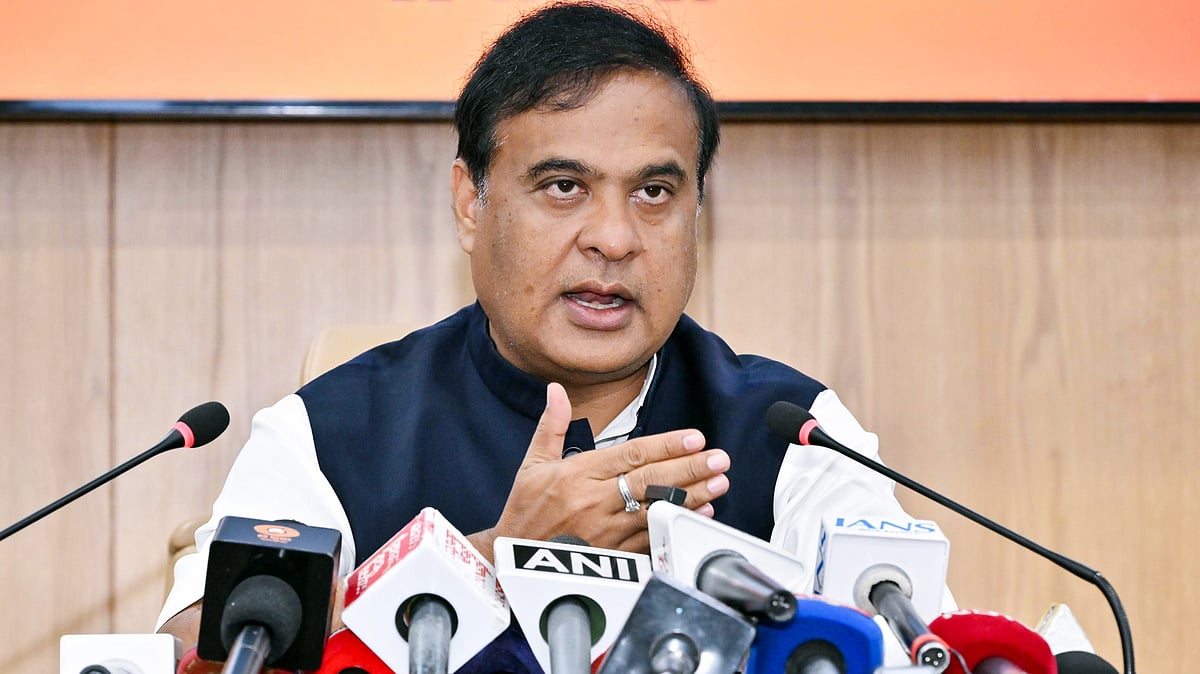Given India's rapidly growing population, achieving food security and doubling farmers income are the priorities for the Indian government. As per the revised prediction of FAO, the global food production should be 60 percent higher by 2050 than in 2005/2007 to feed a projected world population of over 9 billion people, which is about 2 billion more than the current population. Hence, there will be greater demand for food and food security.
We can't deny that healthy soil produces healthy crops. Understanding this agriculture industry is gradually transitioning toward more environmentally friendly and cost-effective farming practices. One such method is sustainable agriculture. However, the question is, "is sustainable farming beneficial to crop and soil productivity?" The answer is yes because the word "sustainable" implies a proper combination of economic, social and environmental balance; one cannot be achieved by ignoring the others.
What is the difference between organic vs sustainable farming?
In India, the term "sustainable farming" often gets mixed up with organic farming. At first glance, both organic and sustainable agriculture appear to be the same concept, as both aim to meet society's agricultural demands without harming the environment.
However, organic foods are grown without using artificial fertilisers, herbicides, growth regulators, or feed additives. It makes use of natural techniques and fertilisers, such as manure and organic pesticides, to control pests and weeds. On the other hand, sustainable farming is an ecological approach that focuses on meeting the agricultural needs of modern-day society demands without compromising natural resources for future generations.
Sustainable farming focuses on adopting practices which include crop rotation, carbon farming, water management, and nutrient management to prevent soil erosion, sustain greater organic matter levels, and keep more carbon elements in the ground.
Benefits of adopting sustainable farming practices
The environment plays a crucial role in meeting our basic needs to sustain life. So, it is our responsibility to protect our mother nature. This is where sustainable agriculture comes into the picture. It helps replenish the land and other natural resources, such as water and air. Sustainable agricultural practices focus on preserving higher amounts of soil organic matter, reducing erosion, and retaining more carbon in the soil. These techniques increase the soil's resilience and long-term health, resulting in increased yield.
Carbon farming through carbon sequestration plays an essential role in tackling the climate problem. These farming practices enable the land to retain more carbon while emitting less greenhouse gases, mitigating climate change issues.
It contributes to improved soil health, resulting in increased plant nutrient usage efficiency, progress toward food security, and improved water management, all of which would benefit the planet and growers in the long run. It even enables farmers to earn carbon credits by carbon-storing or reducing greenhouse gas emissions on their land, resulting in an additional revenue stream to help them become “Atamnirbhar”. In a nutshell, sustainable farming improves soil health and resilience, resulting in better yields.
Conclusion
Sustainable farming practices have the potential to feed the world's population while also mitigating climate change effects, maintaining soil quality, and improving farmer livelihoods. Hence, farmers must be educated to adopt climate-resilient and regenerative farming practices that will help them make informed decisions about their land and effectively manage their farms with limited available resources.
The Indian government should formulate policies that increase the value of sustainably grown crops to encourage farmers to move towards nature-based sustainable farming. Also, leading agri-tech platforms can assist farmers in shifting from conventional to sustainable agriculture by infusing technological advancement and imparting agronomic knowledge.
(Dr Sudarshan Dutta is Lead Agronomist, Agoro Carbon Alliance India. Views are personal)









